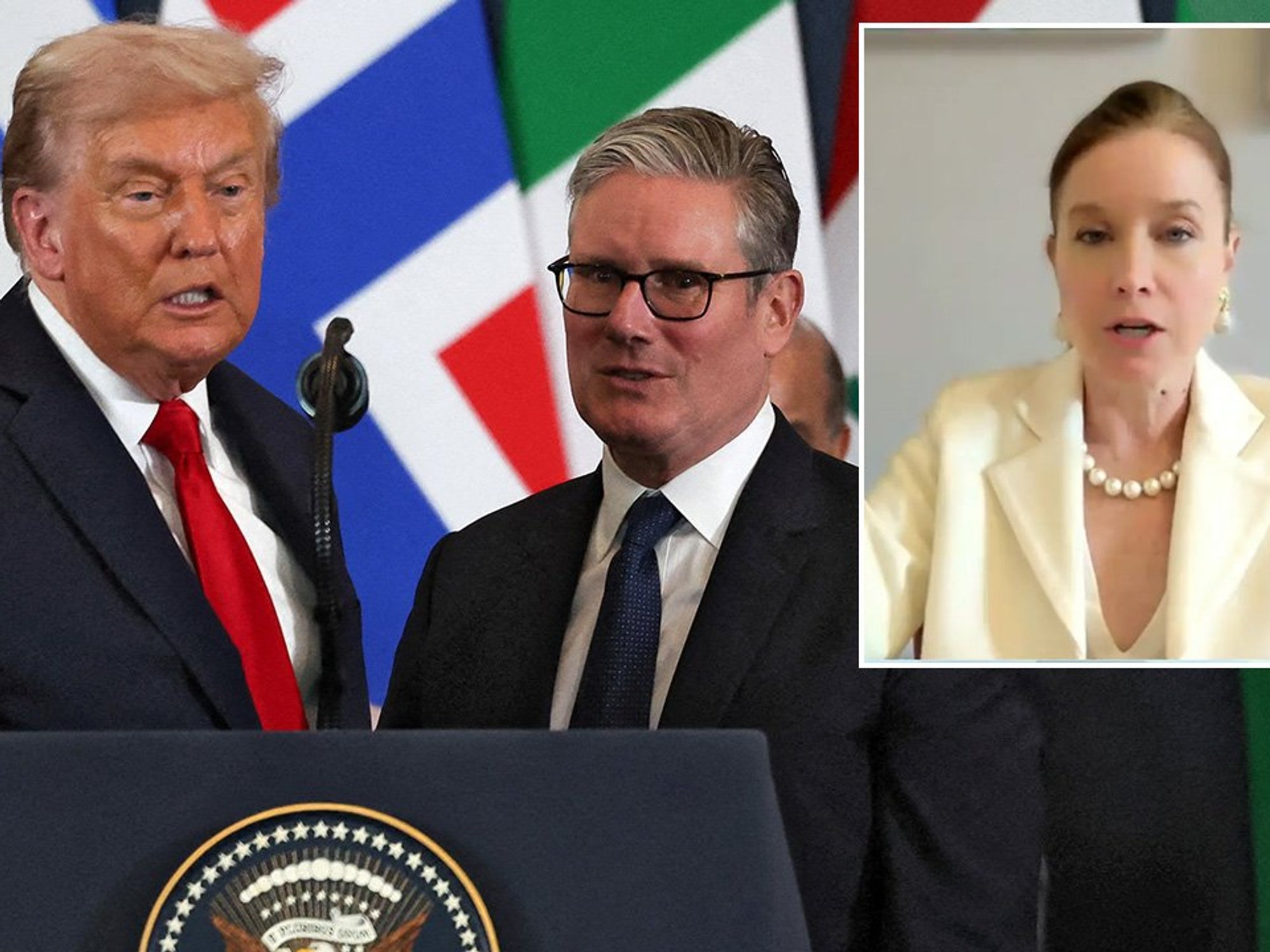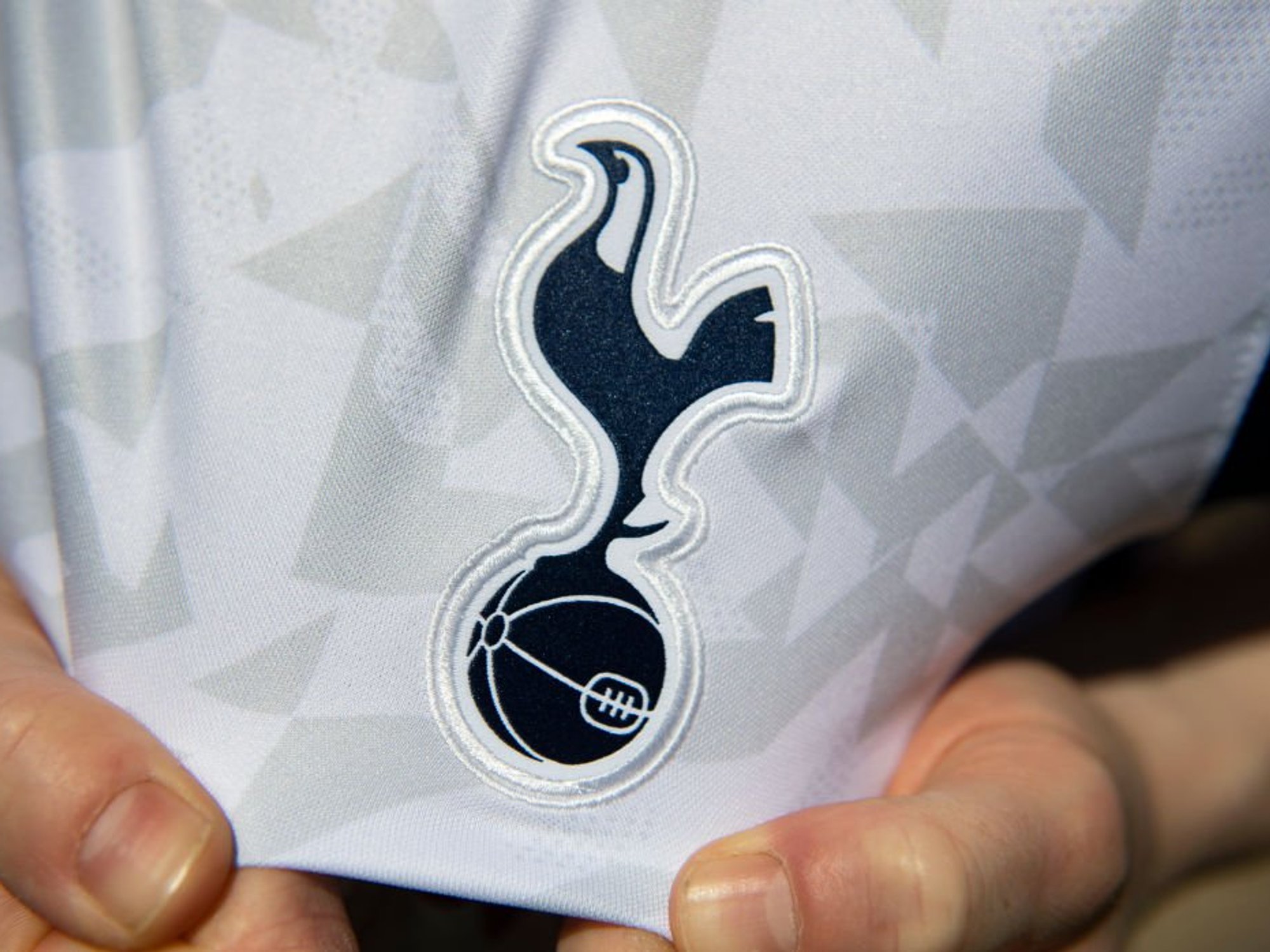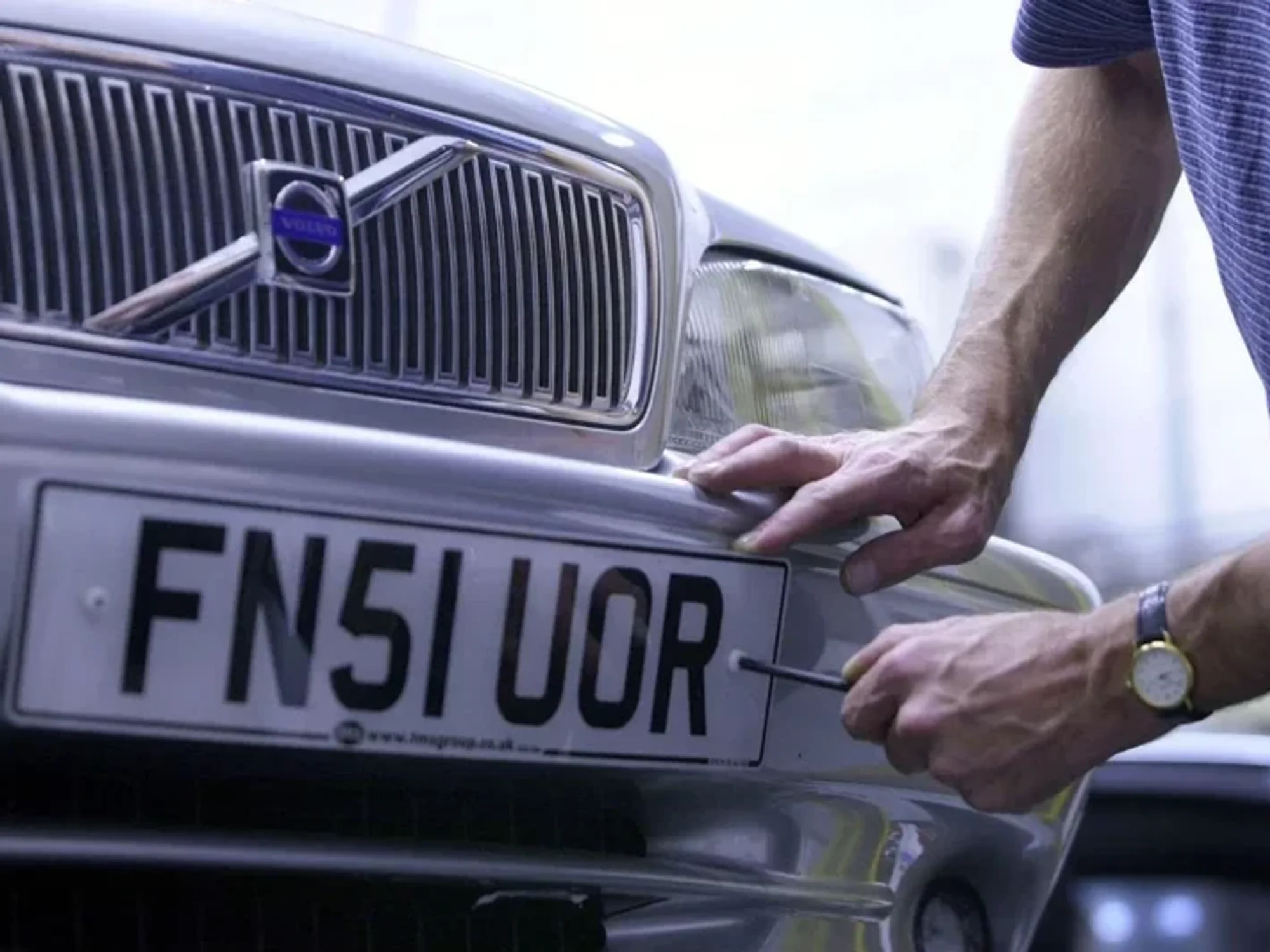Glastonbury owner transfers festival shares to daughter in bid to avoid £80million in inheritance tax
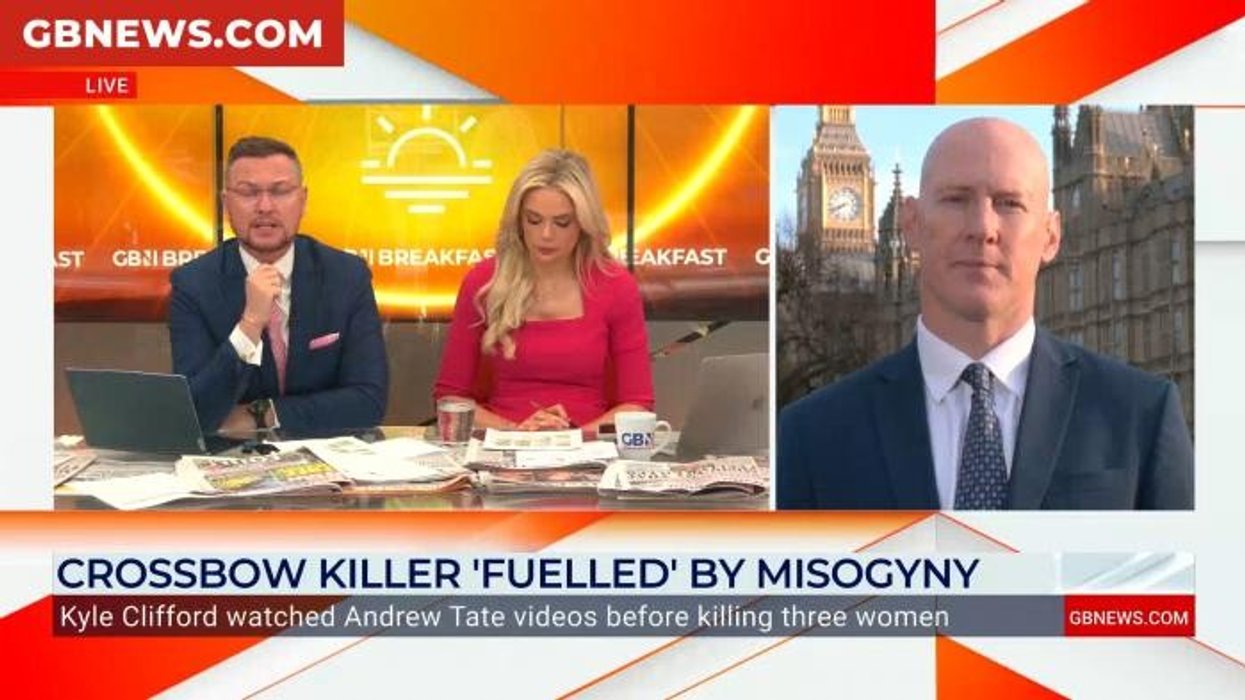
Kieran Mullan MP - Farmers Protest Inheritance Tax & Labour’s Economic Impact |
GB News
This comes as Rachel Reeves announced that from April next year, family businesses would face an effective 20 per cent inheritance tax on values exceeding £1 million
Don't Miss
Most Read
Sir Michael Eavis, the 89-year-old founder and owner of Glastonbury Festival, has taken significant steps to transfer control of the iconic event to his daughter and a family trust, in a move that could help his family avoid a potentially massive inheritance tax (IHT) bill.
In October, Eavis handed over his entire shareholding in Glastonbury Festival Events Ltd, the company responsible for running the festival and handling ticket sales, to his 45-year-old daughter, Emily Eavis.
Last year, the company sold 210,000 tickets at roughly £300 each, generating £68million in revenue and nearly doubling pre-tax profits to £6 million.
Simultaneously, Eavis transferred three-quarters of his shares in Glastonbury Festivals Limited, a separate holding company owning the festival rights and trademarks, to a family trust.
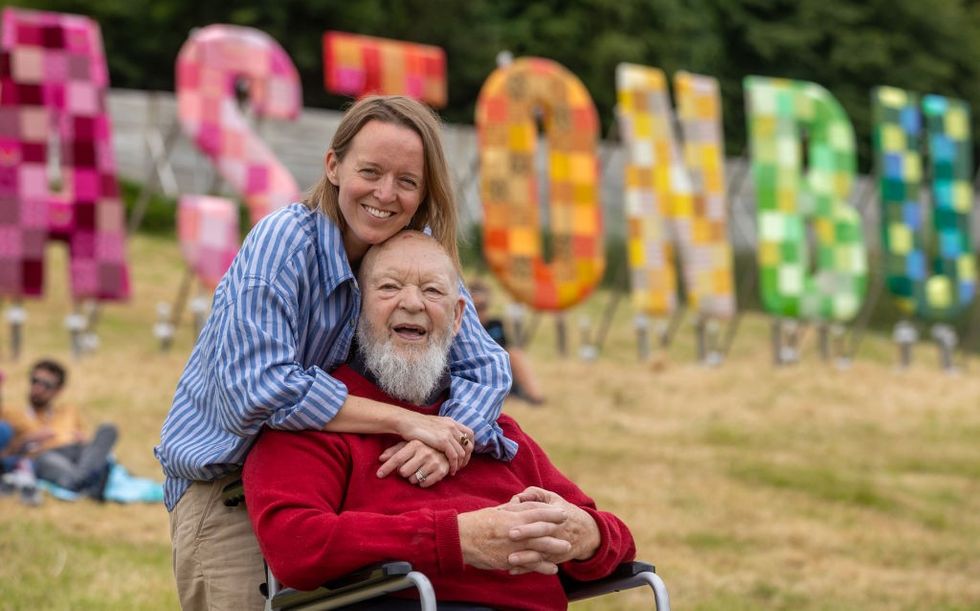 Sir Michael Eavis, the 89-year-old founder and owner of Glastonbury Festival, has taken significant steps to transfer control of the iconic event to his daughter |
Sir Michael Eavis, the 89-year-old founder and owner of Glastonbury Festival, has taken significant steps to transfer control of the iconic event to his daughter | GETTY
This holding company distributes most of its profits to charities such as Oxfam, Greenpeace, and WaterAid.
The timing of these transfers comes as Chancellor Rachel Reeves announced in the latest budget that, from April next year, family businesses would face an effective 20 per cent inheritance tax on values exceeding £1million.
Valuing Glastonbury is challenging due to its unique mix of commercial success and charitable ethos, but experts estimate the festival could be worth anywhere from £150million to £400million.
If that valuation holds, these strategic share transfers could save the Eavis family up to £80million in inheritance tax.
Glastonbury Festival itself dismissed such valuations as “wildly speculative,” emphasizing that both the festival and Eavis have “always been, and will always be, happy to pay their due tax.”
Under current tax rules, shares given as gifts to family members are exempt from IHT if the donor lives for seven years afterward, known as potentially exempt transfers.
Partial relief applies after three years. Additionally, placing shares into trusts can remove them from the deceased’s estate valuation, reducing the tax burden, although trusts can incur tax charges at the time of transfer and every ten years thereafter.
MORE LIKE THIS:
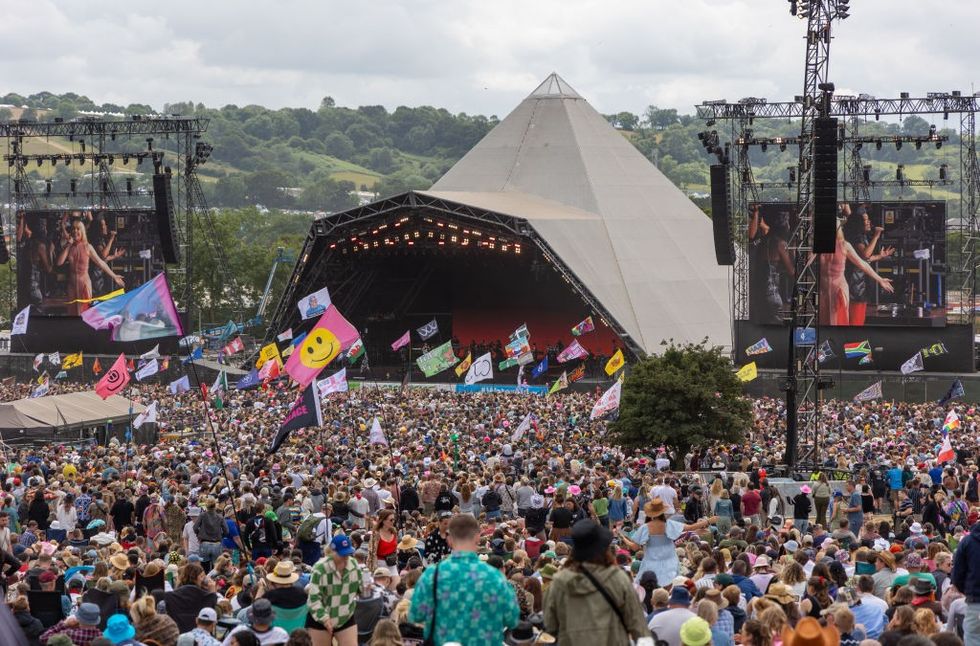
Valuing Glastonbury is challenging due to its unique mix of commercial success and charitable ethos
|GETTY
Eavis is well-known for his Labour Party support and endorsed Jeremy Corbyn during his leadership, once calling him “the hero of the hour.”
Corbyn criticised trusts and pushed for increased transparency and regulation of wealth. In 2017, Eavis invited Corbyn to speak to tens of thousands of festivalgoers from the Pyramid Stage.
Some advisers reportedly warned Eavis that HM Revenue & Customs (HMRC) would not accept a “quasi-charitable” valuation of his companies for inheritance tax purposes.
Despite Glastonbury’s strong charitable donations - £5.9million to causes last year - it remains a private company, meaning HMRC will likely value it as a commercial business.
One source familiar with the situation described Glastonbury as “a global brand” with huge commercial potential, including international franchising, suggesting a valuation of £400million might even be conservative.
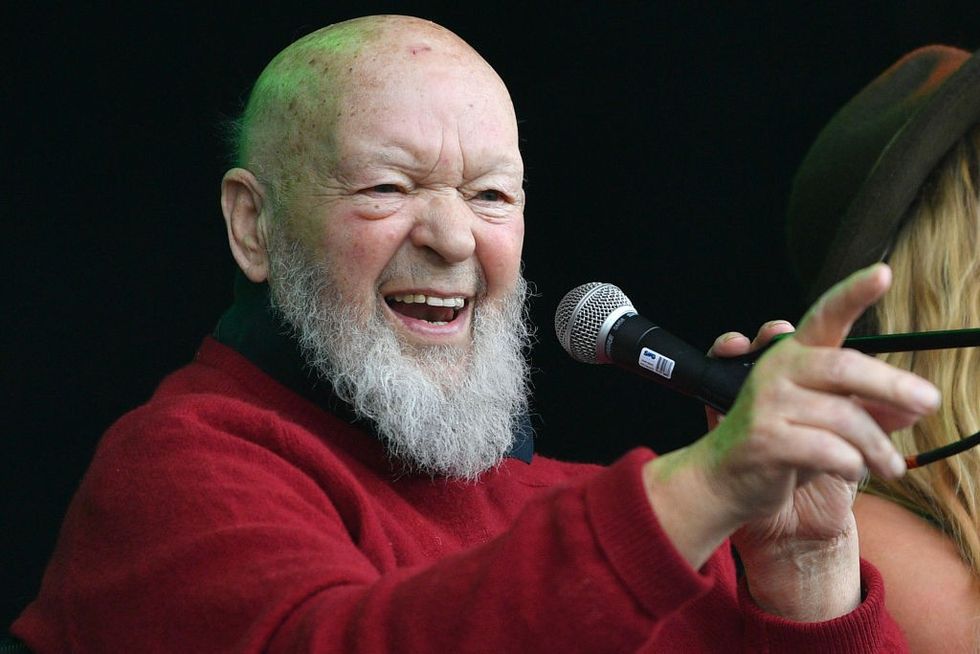
Eavis is well-known for his Labour Party support and endorsed Jeremy Corbyn during his leadership, once calling him 'the hero of the hour'
|GETTY
The family also faces a separate tax challenge concerning Worthy Farm, the 1,500-acre site that hosts the festival.
Valued at roughly £13.5million, the farm could trigger an inheritance tax bill of about £2.5million when Eavis passes away.
Unlike the festival companies, no steps have yet been taken to mitigate this tax liability, as the farm remains mostly under Eavis’ ownership, with a fifth shared among his children.
A Glastonbury spokesman said: “With his 90th birthday approaching, Michael Eavis has proceeded with his long-held plan to pass control of the festival over to his daughter, Emily. The past few years have already seen Emily take over the day-to-day organisation of the event, and this latest change was simply another part of that process.”
The spokesman added: “The festival will never be sold.”






